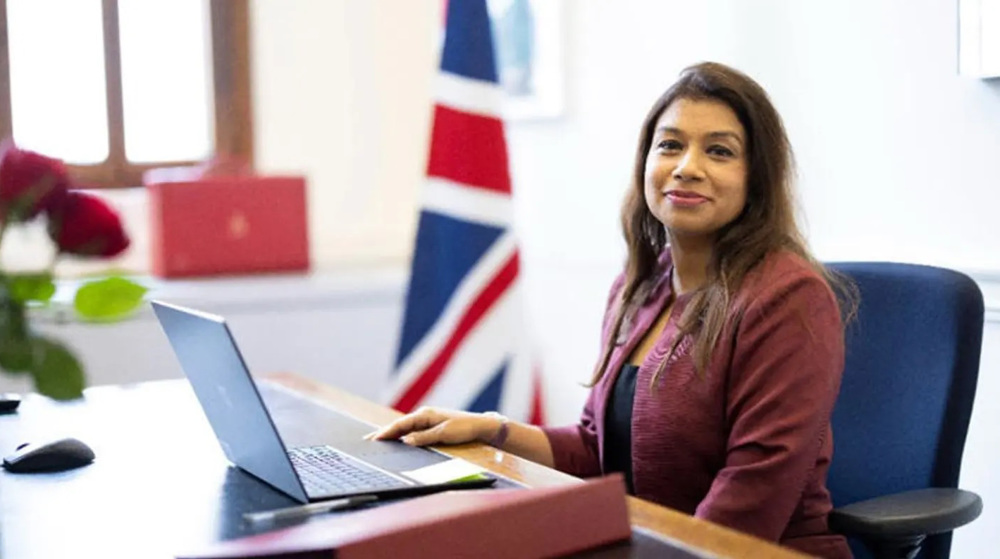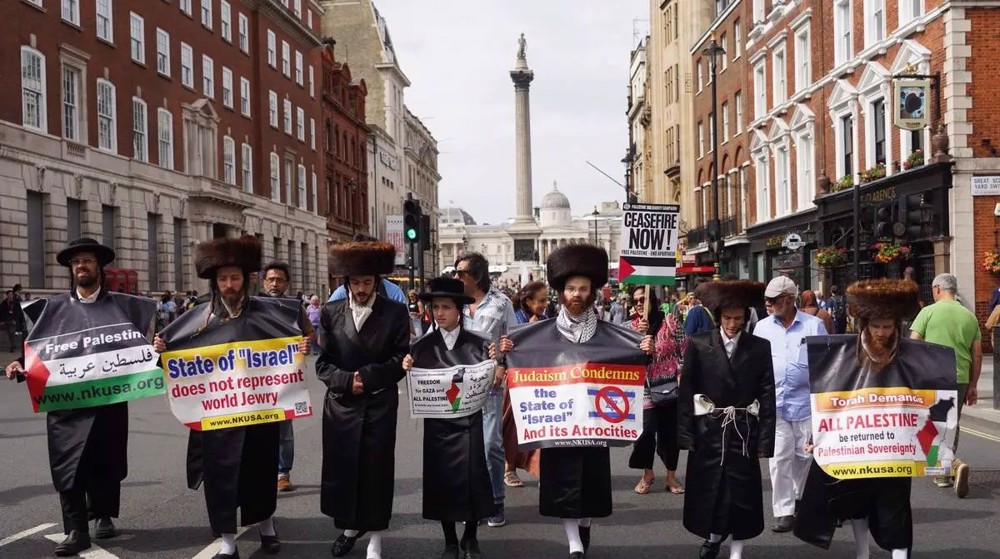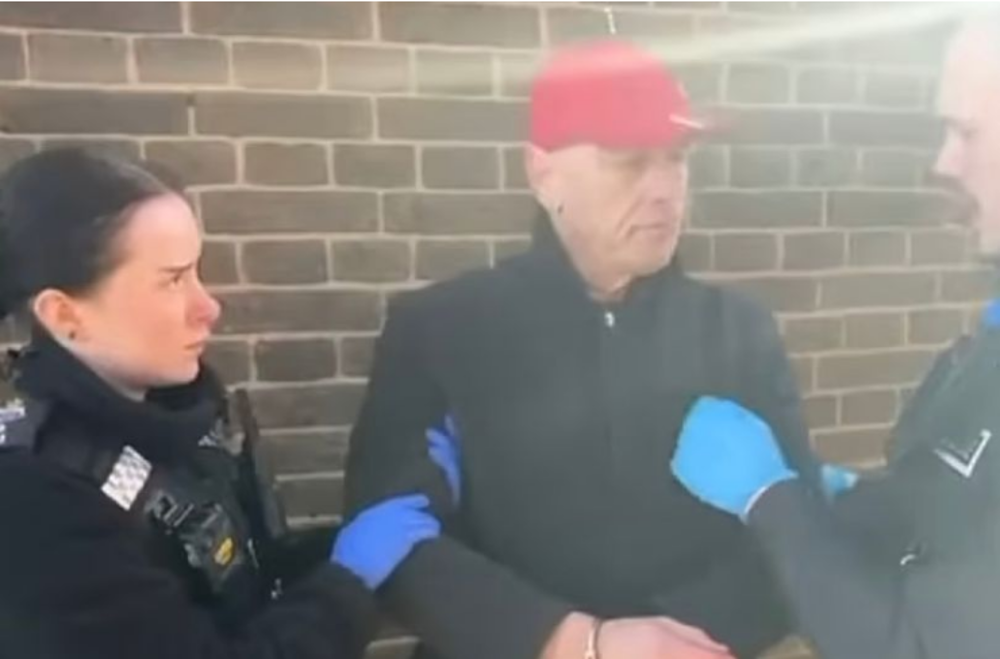How many times has the UK Parliament been prorogued in its history?
Proroguing Parliament is the formal name given to the period between the end of one session of parliament and the "State Opening" of parliament that begins the next session. Prorogation brings to an end nearly all parliamentary business, but public bills may be carried over from one session to the next.
Under the Fixed-term Parliaments Act, 2011, a general election must be held in the UK, and a new Parliament elected, every five years. But the Prime Minister can call a general election at any time within this period, consequently, not all Parliaments last the full five years.
While proroguing happens at the end of every session, dissolution only occurs before an election. Under the Fixed-term Parliaments Act, Parliament is dissolved 25 days before an election, but prorogation can predate that.
Prior to 1918, it was the Cabinet who collectively sought permission from the monarch in order for Parliament to be dissolved. However, since 1918, the Prime Minister alone sought the permission of the Sovereign.
Until 2017 prorogations generally happened once a year and gave MPs a few days off before a new Queen’s Speech. No prorogation has happened since the 2017 election as the Government had announced that the first session of this Parliament would last for two years to “give MPs enough time to fully consider the laws required to make Britain ready for Brexit.”
This is only the second time since 1945 that Parliament has been asked to sit for a two-year session. The other occasion was in 2010/12, following the formation of the Conservative-Liberal Democrat coalition government.
2017
The last dissolution of Parliament was on 3 May, 2017, to make way for the general elections to be held on 8 June, 2017. It dissolved after a two-thirds majority vote by the House of Commons, as required by the Fixed-term Parliaments Act.
Following the general election on 8 June, 2017, the next general election will be scheduled to take place on the first Thursday in May 2022 and the Parliament will be dissolved on 28 March, 2022.
2015
30 March, 2015, was the first time Parliament had ever dissolved automatically, as opposed to being dissolved by Royal Proclamation. Although Primer Minister David Cameroon met the Queen on the day of the dissolution, the only business discussed was the calling of the new Parliament, and not a request for a dissolution.
1997
An allegedly controversial prorogation occurred in the run-up to the 1997 General Election. Two Conservative MPs had been accused of taking money for submitting questions to parliament, and the report of the Committee on Standards in Public Life was scheduled in response. The then Prime Minister, and leader of the Conservative and Unionist Party, John Major, prorogued parliament to avoid the embarrassment of the report, in advance of a general election, which the government lost by a landslide, providing some form of accountability.
1948
Parliament has not been prorogued by a government as a means of circumventing parliamentary opposition to government policy since 1948. That instance of prorogation was used by the Labour government, which instituted a short session of Parliament to overcome the House of Lord's obstruction to what would become the Parliament Act, 1949.
The session began on 14 September and ended on 25 October, 1948.
Clement Attlee was invited by King George VI to form the Attlee ministry in July 1945, succeeding Winston Churchill as Prime Minister. The Labour Party had won a landslide victory at the 1945 general election, enacting much of the post-war consensus policies, especially, the welfare state and the nationalisation of some industries.
Attlee went on to win a narrow majority of five seats at the 1950 general election, forming the second Attlee ministry. Just twenty months after that election, Attlee called a new election for 25 October, 1951, in an attempt to gain a larger majority, but was narrowly defeated by the Conservatives.
17th century
There have been previous uses of prorogation outside the usual end of a parliamentary session. Charles I prorogued Parliament in 1628 and in 1629. From March 1629 to April 1640 Charles I ruled without Parliament. The "Long Parliament" was summoned in 1640. The "Cavalier Parliament" lasted from May 1661 until January 1679 but had several prorogations, the last being when it was prorogued by Charles II in December 1678. Since then, the authority of the monarch has been reduced, while democracy and parliamentary sovereignty has increased.
Hamas thanks Iran, Resistance Front following achievement of ceasefire in Gaza
'Capitulation': Israeli officials and media concede Gaza defeat as truce unfolds
'Gaza has won': Social media users react to ceasefire with mix of relief, joy
Iran seeks South Korea’s assistance for AI, fiber-optic projects
VIDEO | Iran's 'Eqtedar' (Power) maneuver
Israel hits HTS military target in Syria for 1st time since fall of Assad
VIDEO | Press TV's news headlines
Israel has slaughtered 13,000 students in Gaza, West Bank










 This makes it easy to access the Press TV website
This makes it easy to access the Press TV website